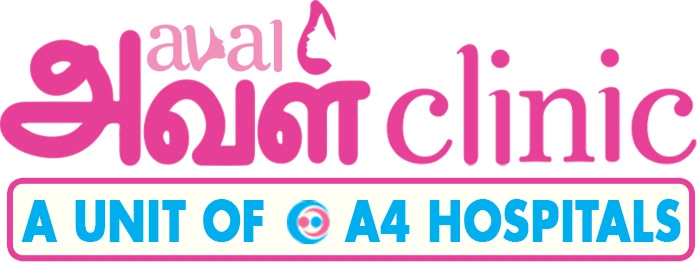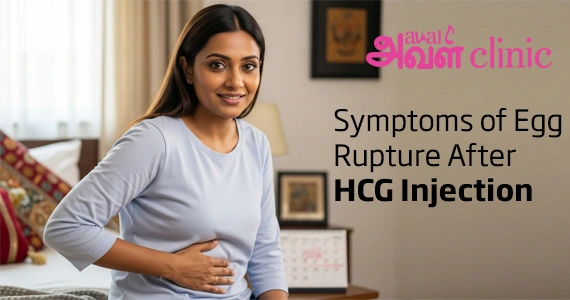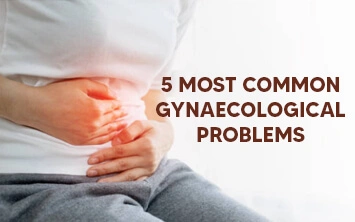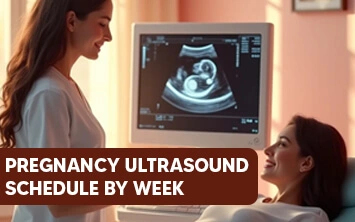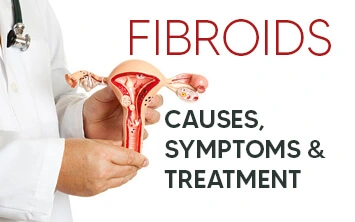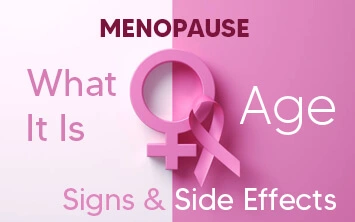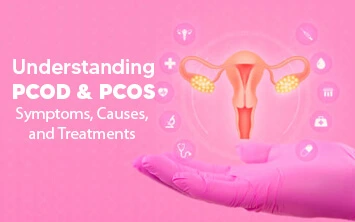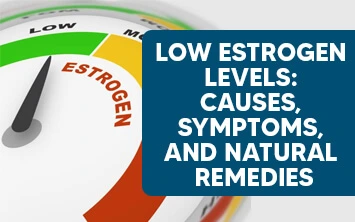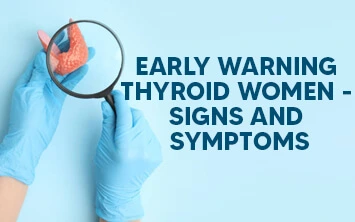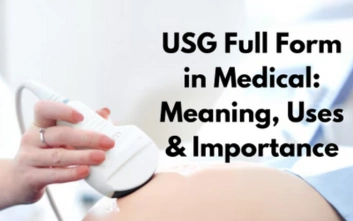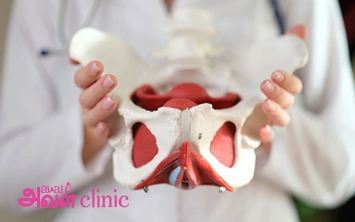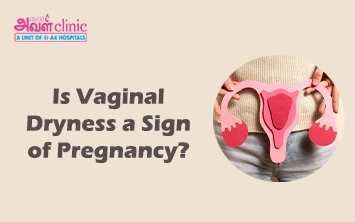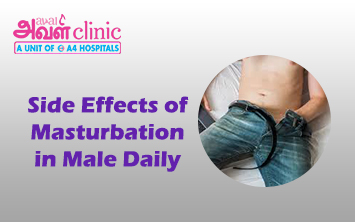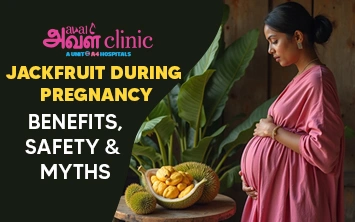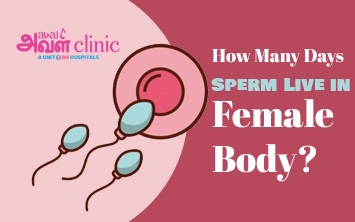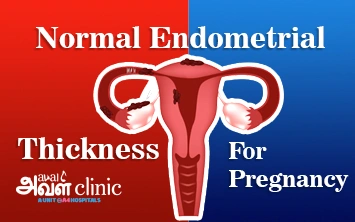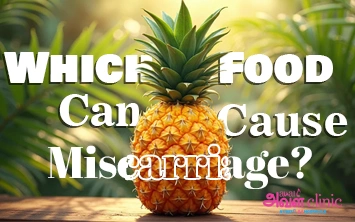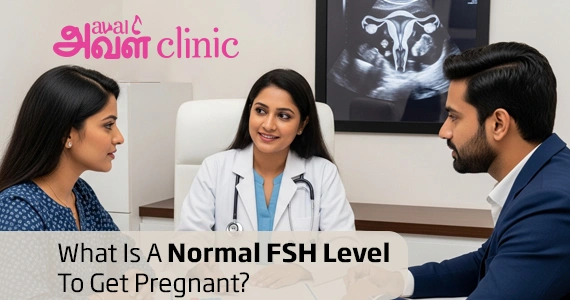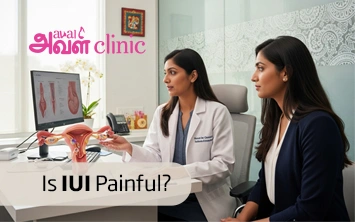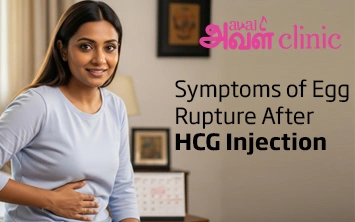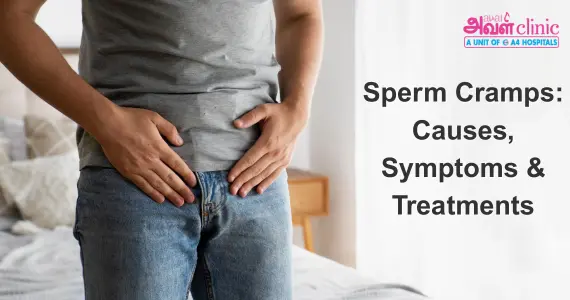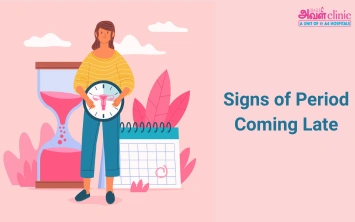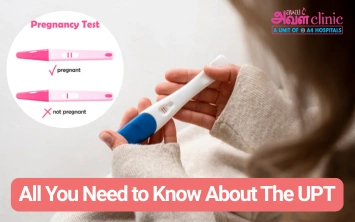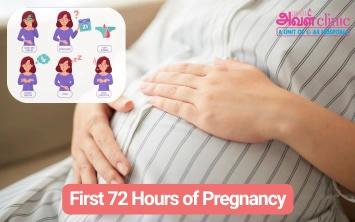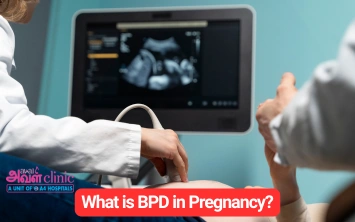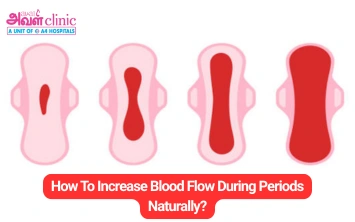Published on: September 24, 2025
Author: Admin
hCG injections are the hormone-filled medications used to stimulate the final maturation of the egg and ovulation. These medications are most often used in fertility treatments like IVF and IUI. In some scenarios, they may also be used to schedule the timed intercourse in natural conception.
The term hCG stands for Human Chorionic Gonadotropin. It is basically a hormone that the female body secretes through the placenta to support the embryo's survival. While in fertility treatments, healthcare professionals use these hCG hormones to mimic the luteinizing hormone (LH) to stimulate the final stages of egg maturation and ovulation. This is because both hCG and LH have similar structures and receptors on the ovarian cells, yet are distinct by their physiological roles. Therefore, healthcare professionals use hCG injections to trigger the same process as natural LH would.
Note: hCG injection is given only to induce the final maturation of the egg before its release.
This blog has come up to help you understand the role of hCG injections in egg rupture, the symptoms of egg rupture after hCG injection, and the timing and purpose of these injections.
What is the Role of hCG Injection in Egg Rupture?
First, let’s see what egg rupture means.
Egg rupture is the physiological process of releasing the mature egg from the ovary. The other term for egg rupture is ovulation. Once released, the egg may start its journey from the ovary to the fallopian tubes, where it will be ready for fertilisation. In fertility treatments, hCG injection is given to induce this process to precisely schedule the egg retrieval or insemination procedure.
Now, let’s dive in to understand the role of hCG injection in egg rupture. They may include:
-
Trigger Ovulation
hCG injection mimics the LH hormone as they both have the same structures and receptors on the ovarian cells. This makes hCG injection a potential substitute for the natural LH surge in triggering the final maturation of the egg before its rupture, thereby causing ovulation. -
Follicle Maturation
An hCG trigger shot is used to initiate the final maturation and ovulation of the egg. This injection is administered to help healthcare providers ensure the release of the egg for the procedure at the scheduled time. -
Corpus Luteum Support
After ovulation, the remaining part of the ruptured follicle transforms its structure into a corpus luteum. This corpus luteum is essential for producing progesterone hormone as it creates a supportive uterine environment for the fertilised egg to successfully implant and grow. hCG injection supports this process by preventing the corpus luteum from degeneration. -
Enhancing Implantation
As mentioned earlier, hCG injection also plays a role in supporting implantation after ovulation by preventing and maintaining the corpus luteum. This ensures a continued supply of progesterone in creating an embryo-friendly environment inside the uterus for the developing embryo.
Need expert advice? Consult our doctors now!
Call Now: 80047 80048What are the Symptoms of Egg Rupture After hCG Injection?
The egg rupture symptoms may include:
-
Abdominal Pain or Cramping
Experiencing abdominal pain or cramping is a common symptom of egg rupture after an hCG injection. The pain is often described as similar to the natural ones, which would generally be mild to tolerate. However, seek medical help immediately if you experience intolerable symptoms like severe pain and shortness of breath. Sometimes, these symptoms can be associated with the life-threatening complication, known as ovarian hyperstimulation syndrome (OHS). -
Light Spotting
Noticing a light spotting from the vagina can be a positive sign of egg rupture after an hCG injection. The symptom can also happen due to the hormonal fluctuations caused by this very same injection. A light spotting after a trigger shot is usually harmless. -
Increased Vaginal Discharge
The increased vaginal discharge is another symptom of egg rupture after an hCG injection. This may happen as the medication stimulates the cervix and causes the increased production of cervical mucus. The mucus during ovulation may typically be slipperier, clearer, and more elastic. Just like the raw egg whites. -
Breast Tenderness
Some women experience sensitivity or tenderness in their breasts after an hCG injection. This is due to the hormonal fluctuations caused by the medication in their body. -
Rise in Basal Body Temperature (BBT)
Noticing a slight rise in basal body temperature is a common sign of ovulation after an hCG injection. The increased progesterone level after the egg rupture is the primary cause of this symptom. The duration of the increased BBT typically depends on the pregnancy. If pregnancy occurs after ovulation, the BBT continues to be elevated. If pregnancy doesn’t occur, the temperature drops with the upcoming menstruation. -
Bloating
Bloating is another symptom of egg rupture after hCG injection. The hormonal changes after ovulation are a significant cause of the discomfort. This mild bloating may generally subside within a maximum of two days. -
Mood Swings
Mood swings are a potential symptom caused by hormonal fluctuations after an hCG injection. The symptom is often temporary and can subside as the body regulates.
What is the Timing and Purpose of hCG Injections in Egg Rupture?
The success of pregnancy significantly depends on the timing of the hCG injection. The ovulation may usually happen within 24 to 48 hours after an injection, with 36 hours being the most common. If you are trying to become pregnant naturally, many healthcare professionals suggest having intercourse around this time to enhance the chances. For couples trying to become pregnant through fertility treatments, the procedure for sperm insemination (IUI) or egg retrieval (IVF) will be scheduled to specifically coincide with this window.
The timing and purpose of hCG injections in egg rupture may include:
-
Ovarian Stimulation
Before giving the hCG trigger shot, the ovaries are stimulated to induce the growth of multiple follicles using certain hormonal medications and injections. This method typically overrides the natural process where only one follicle gets matured. The technique is known as superovulation or controlled ovarian stimulation (COS). During the process, the growth of follicles is closely monitored through blood tests and ultrasound scans. Depending on its growth, the schedule for the trigger shot is planned. -
Targeted Timing
After the ovulation stimulation process, the hCG trigger shot is given when a monitored follicle reaches a specific growth stage. The ideal growth of the mature follicle to enhance the pregnancy chances would typically be around 16-22 mm in diameter. Once it reaches this size, the hCG 10,000 IU injection follicle rupture is administered to trigger ovulation. The ovulation may usually happen within 24 to 48 hours after an injection, with 36 hours being the most common. -
Fertility Treatments
The accurate timing of an hCG injection is crucial for fertility treatments. If the injection is given too early, the follicles can result in immature eggs that are less efficient for fertilisation. Likewise, giving it too late can lead to early ovulation, which can also result in immature or absent eggs at the time of retrieval. These incidents may ultimately necessitate the need for rescheduling the procedure. Due to this, healthcare providers carefully monitor the growth of follicles to accurately administer the hCG injection when it reaches the optimal size for fertility treatments. -
Ovulation Window
The hCG trigger shot induces ovulation at a specific timeline. Scheduling procedures in the fertility treatments or timed intercourse in the natural conception that coincides with this window can typically maximise the chances of conception.
Summary
hCG egg rupture injection is an important aspect of many fertility treatments. The symptoms like cramping, tender breasts, mild spotting, and increased vaginal discharge can be the sign of egg rupture after administering an hCG injection. However, it is important to understand that these symptoms are not the mandatory signs of egg rupture. Some women may ovulate without these obvious signs. Due to this, healthcare providers confirm the ovulation process through ultrasound scans before starting the procedure.
If you still have any concerns, having a consultation with experts at Aval Clinics is recommended. They can guide you.
Contact us today for expert advice and personalized care:
